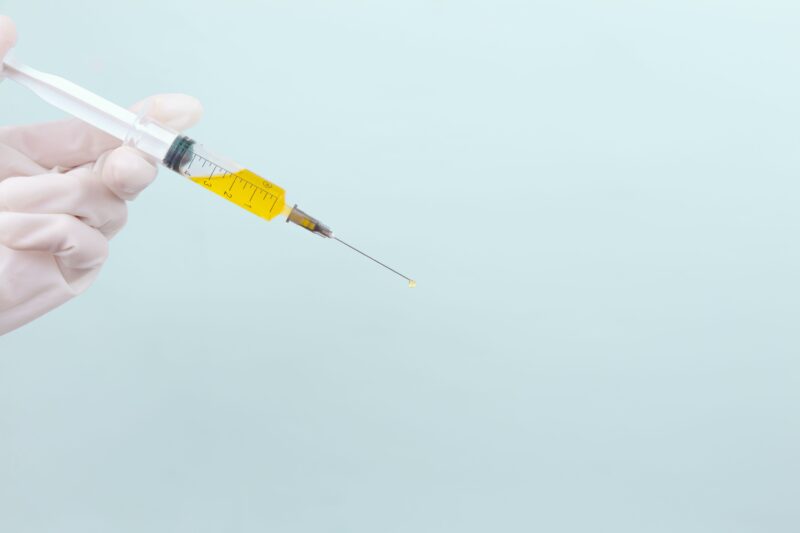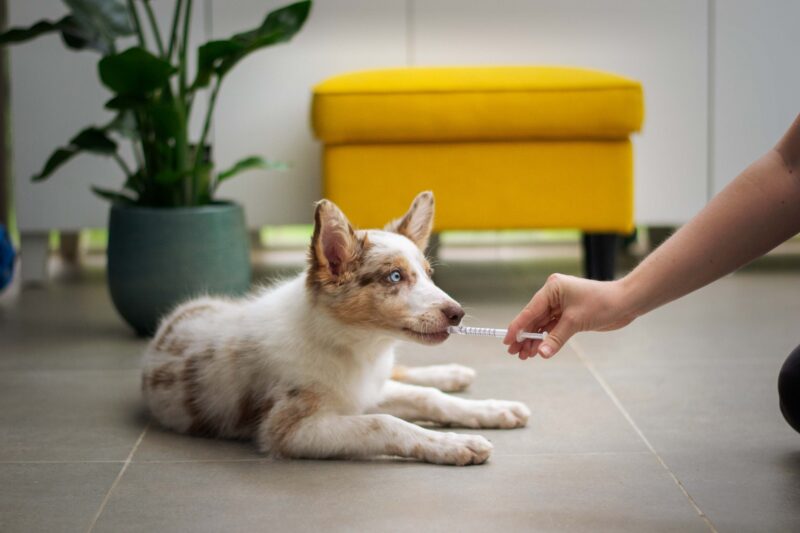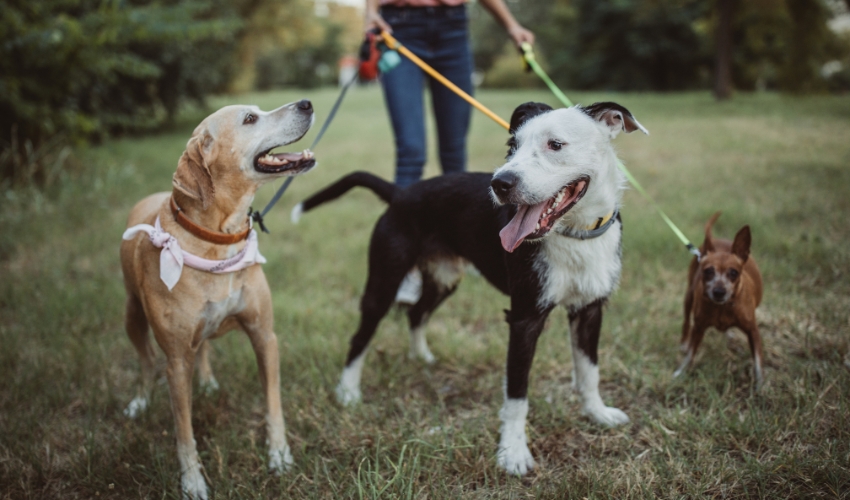As a devoted dog owner, ensuring the health and well-being of your furry companion is undoubtedly a top priority. Just like humans, dogs are susceptible to various diseases, some of which can be severe or even fatal. In this comprehensive guide, we will explore the crucial role vaccinations play in maintaining your dog’s health, offering insights into the importance of immunization, common vaccines, and the best practices to keep your canine friend protected.
Understanding the Basics:

Vaccinations, also known as immunizations, are a cornerstone of preventive healthcare for dogs. They work by stimulating the immune system to recognize and combat specific viruses or bacteria, preparing the body to mount a swift and effective defense in case of exposure to the real pathogen.
Puppies are particularly vulnerable to infectious diseases, as their immune systems are still developing. Hence, a well-thought-out vaccination schedule is imperative to provide them with a solid foundation of immunity. However, vaccination doesn’t stop after puppyhood – booster shots are necessary to maintain immunity throughout a dog’s life.
Common Canine Vaccines:
Core Vaccines:
- Distemper: A highly contagious viral disease affecting various body systems.
- Parvovirus: Causes severe gastrointestinal symptoms and can be deadly, especially in puppies.
- Canine Adenovirus-2 (Hepatitis): Affects the liver and other organs, potentially leading to serious complications.
Non-Core Vaccines:
- Bordetella bronchiseptica (Kennel Cough): Essential for dogs in communal settings.
- Lyme Disease: Important for dogs in regions where ticks are prevalent.
- Canine Influenza: Recommended for dogs with a high risk of exposure.
The Importance of Vaccinations:
Preventing Serious Diseases:
- Vaccinations are the most effective way to protect your dog from potentially life-threatening diseases. Diseases like distemper and parvovirus can be devastating, causing severe suffering and imposing significant financial burdens on pet owners for treatment.
Community Protection:
- Vaccinating your dog isn’t just about individual protection; it also contributes to the overall well-being of the community. Achieving herd immunity is crucial, especially for diseases with a high transmission rate. By vaccinating your dog, you play a part in preventing the spread of diseases within the canine population.
Avoiding Costly Treatments:
- Preventive care, including vaccinations, is often more cost-effective than treating a disease once it has taken hold. Veterinary bills, medications, and potential hospitalizations can add up quickly. Investing in vaccinations is a proactive measure to save both your dog’s health and your wallet.
Long-Term Health and Happiness:
- A healthy dog is a happy dog. Regular vaccinations not only protect your furry friend from diseases but also contribute to their overall well-being. A healthy dog is more likely to live a longer, more active life, providing you with years of companionship and joy.
Best Practices for Canine Vaccination:
Consultation with a Veterinarian:
- Your veterinarian is your best ally in developing an appropriate vaccination schedule for your dog. They will consider your dog’s age, breed, health status, and lifestyle when creating a personalized vaccination plan.
Puppy Vaccination Series:
- Puppies typically receive a series of vaccinations starting at around 6-8 weeks of age, with booster shots administered every 2-4 weeks until the puppy is 16-20 weeks old. This series is crucial for building immunity during the vulnerable early stages of life.
Regular Booster Shots:
- After the initial puppy vaccination series, dogs require booster shots to maintain immunity. The frequency of booster shots depends on the specific vaccine and your dog’s risk factors. Regular veterinary check-ups are an excellent opportunity to discuss and schedule booster vaccinations.
Adhering to Local Regulations:
- Some regions may have specific vaccination requirements for dogs. It is essential to stay informed about local regulations and ensure your dog is up-to-date on all required vaccinations. This is particularly important if you plan to travel or enroll your dog in communal settings like dog parks or training classes.
Additional Information:

Vaccine Safety:
- It’s natural for pet owners to be concerned about vaccine safety. The vast majority of dogs experience no adverse reactions to vaccines. However, if you notice any unusual behavior or symptoms after vaccination, consult your veterinarian promptly.
Titers Testing:
- In some cases, titers testing can be an alternative to routine vaccinations. This blood test measures the level of antibodies in your dog’s system, indicating their immune response to specific diseases. Discuss the option of titers testing with your veterinarian to determine if it’s suitable for your dog.
Conclusion:
In the journey of responsible pet ownership, vaccinations stand as a cornerstone for safeguarding your dog’s health. By understanding the importance of immunizations, staying informed about the common vaccines, and following best practices, you contribute not only to the well-being of your individual pet but also to the health of the broader canine community. Remember, a small investment in vaccinations today can lead to a lifetime of health, happiness, and companionship with your beloved four-legged friend.













